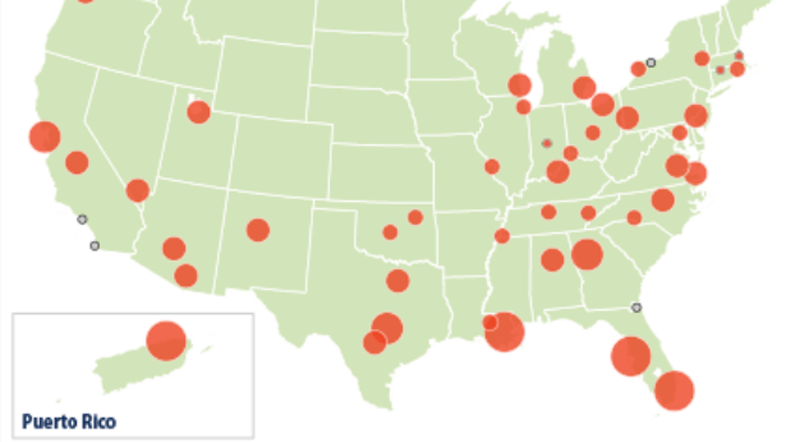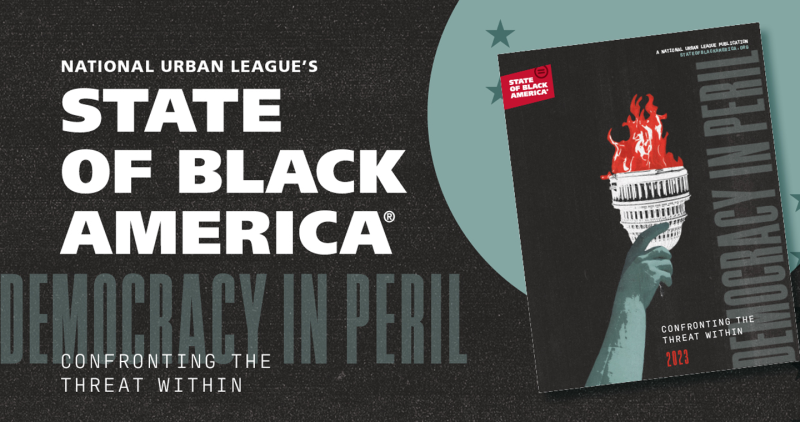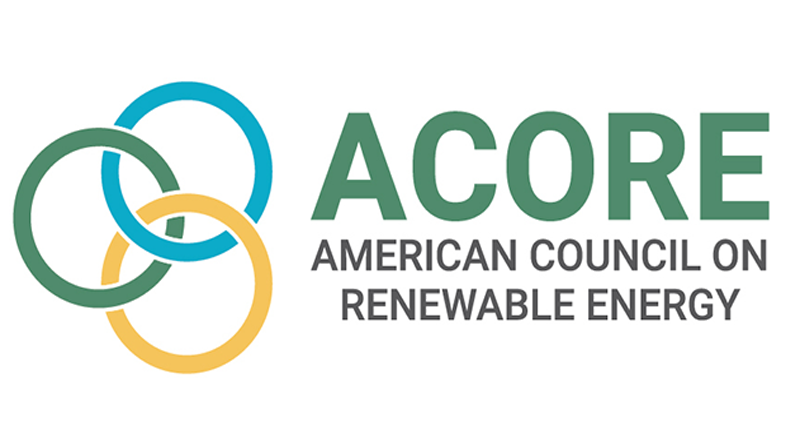The Road to Healing in Buffalo
An act of domestic terrorism forever changed our community on May 14th, 2022. A shooter opened fire at a supermarket in a predominately Black neighborhood several hours from where he lived. This horrific attack killed ten individuals, wounded three, injured several others, and traumatized our community and the world. This heinous event reminded us that hate-fueled violence still exists in our society, and extremists are here to destroy anything that is just or equal.
Two days before the attack, the shooter posted a 180-page manifesto highlighting numerous references to the Great Replacement Theory, a racist conspiracy that immigrants and non-white people are replacing white people. Extremists influence each other and encourage destruction and domestic terrorism. Hate-based communities on the internet offer space for individuals to learn, collaborate and spread propaganda throughout the world. This is not just an American threat; it is a global one.
While this horrific attack caused significant trauma in and of itself, it also brought national attention to the present-day deterioration resulting from long-standing socio-economic inequities perpetuated by racially biased systems, policies, and practices. This attack compounded the pre-existing generational and ancestral trauma that plagued this targeted Buffalo neighborhood and its Black residents.
Black Americans have a long history of being a target of hate crimes and violent acts because of our race. In the past decade, hate crimes against African Americans have surpassed all racial groups, including biases based on culture, religion, or sexual orientation. Hate crimes against Black Americans in recent years have ranged from beatings, and violent killings to burning churches, firebombing homes, and outspoken threats of harm. Intolerance against African Americans has continued since enslavement and being denied equal rights.
Despite the passage of hate crime legislation and civil rights protections, Black Americans excessively confront acts of intimidation, extremist expression, and life-threatening brutality. When attacks occur, it officially sheds light on the widespread fear and anxiety our community experiences regarding harm and discrimination based on the color of our skin. Expressions of hate and bigotry towards communities of color cause trauma and reinforce oppression for African Americans in this country. The history of inequality and anguish suffered by the Black community dates to enslavement in this country.
We need a new strategy to prevent extremism in our country to protect our vulnerable populations. If we can alleviate the underlying conditions that allow extremism to emerge, we as a nation will be closer to combating the continuous crisis response. We must transform from defeating terrorists to preventing the underlying cause, extremism. We need to confront and combat domestic extremism within our communities, formulate laws and policies around hate crimes, and participate in collaborative groups. In addition, to developing laws that protect vulnerable populations, it is also essential to address the underlying need for social services support for communities affected by hate crimes and violence. Examining mental health services and resources is imperative to healing the community's past traumas experienced.
Our country must also examine the involvement of social media and gun violence to examine how hateful information is spread worldwide and how civilians' access to military weapons in our country causes destructive chaos in the community. Extremists have evolved in recent years to appeal to a younger demographic by creating a robust online presence and reducing the use of historic extremist symbols. This rebranding is now targeting younger, impressionable minds to be programmed to lead with hate. The shooter was only 18 years old. The amount of hateful content he consumed led to a calculated act of domestic terror.
Systematic change is needed to transform our democracy to protect all vulnerable citizens in our country. This includes engaging all citizens in voting and electing officials that can communicate the communities' concerns on domestic terrorism and extremism. In addition, a collaboration between corporate America, Government entities, and community-based organizations is necessary to take a deep look at ways to combat hate-fueled violence in our country.


 A Climate In Crisis
A Climate In Crisis

 Executive Summary
Executive Summary